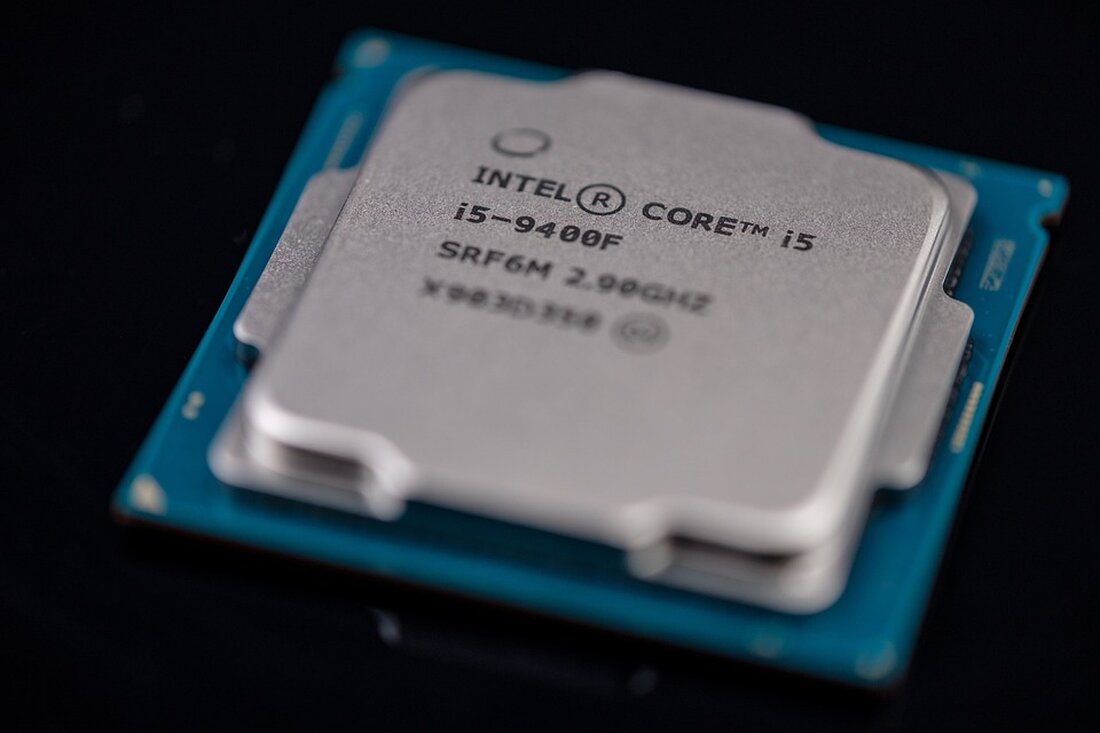Saxony in the chip boom: Esmc’s start of construction and Intel's future in the crisis

Saxony in the chip boom: Esmc’s start of construction and Intel's future in the crisis
gigasubventions and the rise of the chip industry in East Germany
In a time when technological innovations and economic stability are closely linked, the construction of new chip plans has played a central role in the discussion about the future of the European economy. One of the most important developments is to start building a chip factory of the European Semiconductor Manufacturing Company (ESMC) in Dresden. This happens shortly before the state elections in Saxony, which draws additional political attention to this project.
Another important player in this story is the American manufacturer Intel, whose planned factory in Magdeburg is long in coming. The company's board of directors indicated that there could be significant job cuts, which indicates a response to falling demand, especially in the area of electric cars in Europe. The challenges that the weakening global economy brings with it have a direct impact on the chip demand and the investment strategies of companies.
The redesign of chip production is not only an economic history, but also an example of how state support plays a key role. In Germany, half of the amount of investment of ten billion euros is provided for the ESMC factory of public funds. Such gigas subsidies have now become standard and affect not only the USA and China, but also the EU. This type of financing has the potential to support private companies significantly, but also creates questions about long -term sustainability.
whether the new chip factory in Dresden is entered into the history books as a model of success or as a failed industrial expansion remains to be seen. The city already has a strong "high-tech cluster", which is based on decades of development. The pilot project "Mikron", founded in 1986, was a forerunner for today's production facilities and illustrates how previous state initiatives laid the basis for the current Situation.
In summary, it can be said that developments in the chip industry not only signal an economic change, but also illuminate the complexity between state support and private economy. The coming years will show whether these investments are fertile and Dresden can consolidate as the center for chip production in Europe.